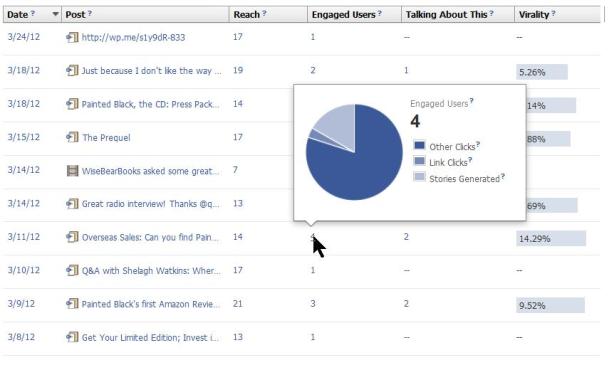How can a contest end with no winner? Apparently the Pulitzer Committee has no problem answering that question. There were three finalists for the 2011 fiction award, and NONE of them received a majority vote. What does that mean? Did they all tie, or did none of the judges cast a vote?
Let’s form our own Pulitzer committee. Cast your vote below:
Not this year. For all those novelists who were lucky (and talented) enough to be nominees for the fiction award, the finality of a winner isn’t there. Because there isn’t one. It’s unsettling.
It was a real WTF moment for the literary world. Most of us Pulitzer watchers thought the prize would go to David Foster Wallace for his novel, The Pale King, which was published posthumously last year. Wallace, who suffered from crippling life-long depression, hanged himself in 2008. He was 45.
The Pulitzer committee announced that there had been three finalists–Wallace, Karen Russell for Swamplandia! and Denis Johnson for Train Dreams.(Johnson was also a finalist in 2008 for “Tree of Smoke.”)
In declining to give the award, the Pulitzer Board noted that none of the three finalists had garnered a majority vote.
Seriously?….. read more.




